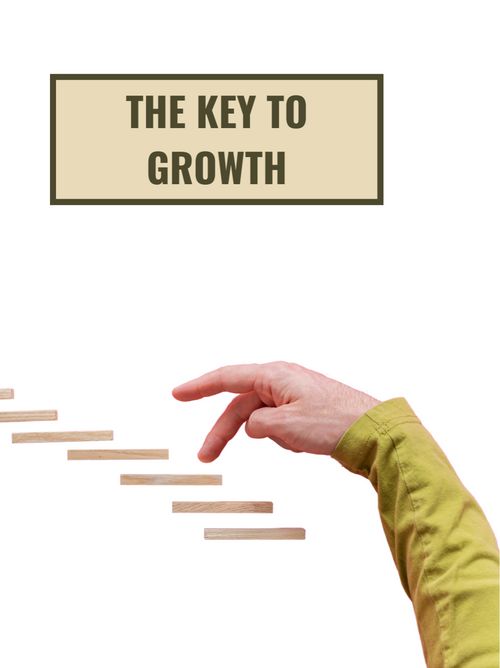The deceptively simple formula for personal growth
Jan 10, 2022 · 2 mins read
0
Share

Introduction. Carl Rogers was an influential 20th century American psychologist with a single, life-long obsession: how to help people grow. Through his research and clinical practice he developed a simple but effective system to facilitate "personal growth" in his clients 👇
Save
Share
Carl Roger's starting point is the belief that the tendency to grow and mature is latent in each individual. He writes that each person has "the capacity and the tendency to move forward toward maturity." All else follows from this belief.
Save
Share
Here's what DOESN'T bring about personal change: intellectual arguments. Carl Rogers writes: "No approach which relies upon knowledge, upon training, upon the acceptance of something that is taught, is of any use." Rather, change happens through a transformative relationship.
Save
Share
There are three ingredients to a transformative relationship: honesty, unconditional positive regard, and empathy. If a therapist or a friend can put these ingredients in a conversation, "the other person will discover within the capacity to use that relationship for growth."
Save
Share
Honesty. Rogers writes that "reality seems deeply important as a first condition" of positive change. The therapist must ditch outer facades and present his real self. This transparency requires the therapist to be aware of his feelings, and be able to express them constructively
Save
Share
Unconditional positive regard. The therapist "warm regard" for the client must be independent of his "his condition, his behavior, or his feelings." When a person feels that she has "unconditional self-worth" in the eyes of the other, they relax and become capable of change.
Save
Share
Empathy. Human beings are sharing animals. We love to share - whether it is food, advice, or perspectives. When a person is able to empathize - that is, successfully receive the perspectives the the other party is trying to transmit - then they create the conditions for growth.
Save
Share
Carl Rogers wrote that the urge "to expand, extend, become autonomous, develop, and mature" is evident not just in humans, but in all human life. The role of a therapist, or a good friend, is to simply try to remove the obstacles blocking this natural urge.
Save
Share
Honesty, unconditional positive regard, and empathy are not the unique features of a client-therapist relationship - these three features will enrich any and every relationship they become a part of.
Save
Share
Bottom line. Carl Rogers had a clear goal: "the development of creative, adaptive, and autonomous persons." People grow into their optimal selves through positive relationships characterized by transparency, an innate belief in each other's worthiness, and empathy.
Save
Share
0